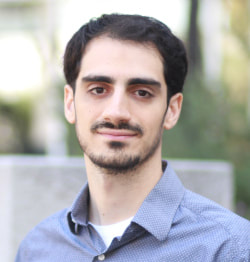Mastery learning algorithms are used in many adaptive learning technologies to assess when a student has learned a particular concept or skill. To assess mastery, some technologies utilize data-driven models while others use simple heuristics. Prior work has suggested that heuristics may often perform comparably to model-based algorithms. But is there any reason we should expect these heuristics to be reasonable? In this chapter, we show that two prominent mastery learning heuristics can be reinterpreted as model-based algorithms. In particular, we show that the N-Consecutive Correct in a Row heuristic and a simplified version of ALEKS’ mastery learning heuristic are both optimal policies for variants of the Bayesian knowledge tracing model. By putting mastery learning heuristics on the same playing field as model-based algorithms, we can gain insights on their hidden assumptions about learning and why they might perform well in practice.
Comments are closed.
|
Resources for:
|
|


